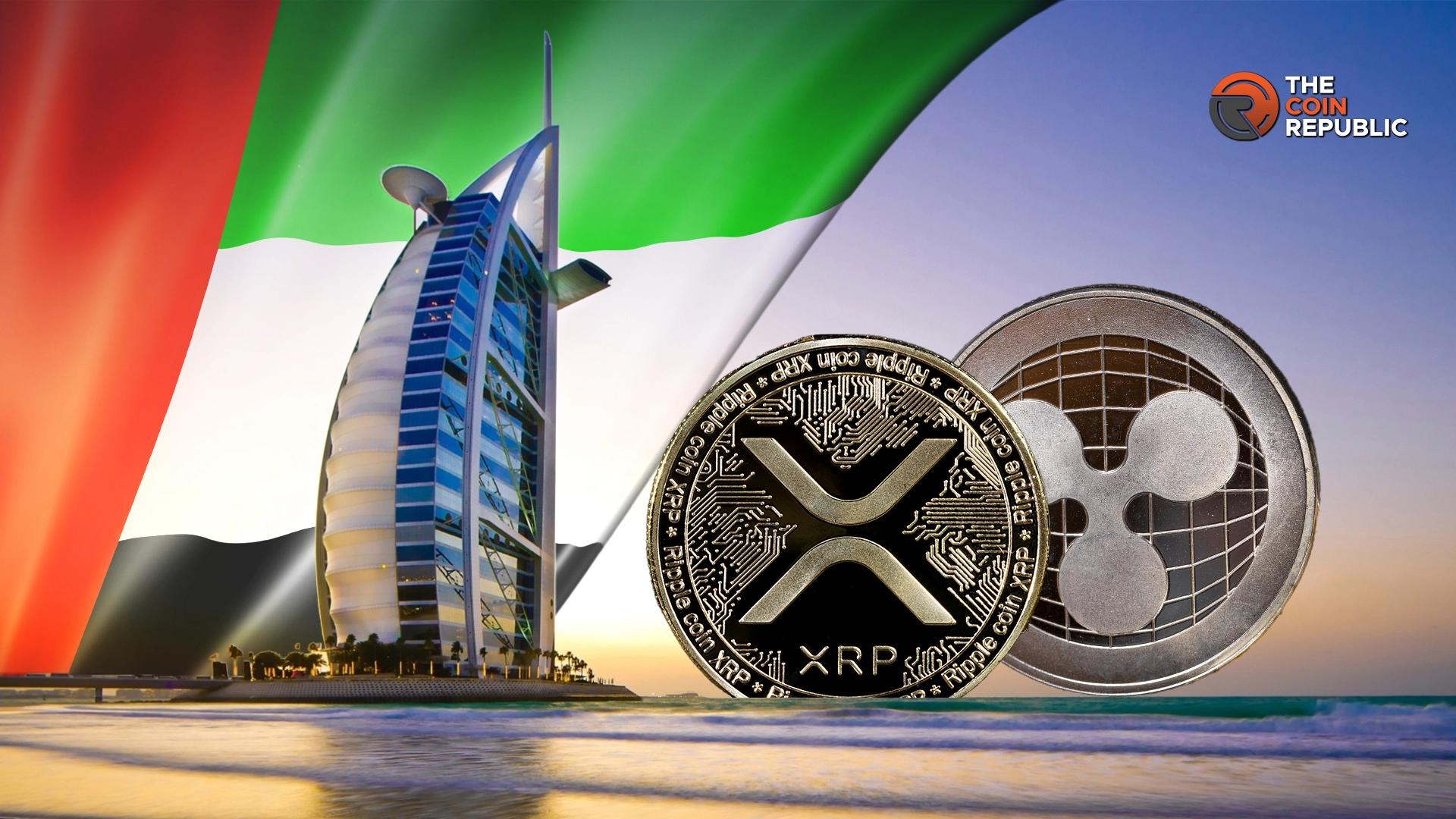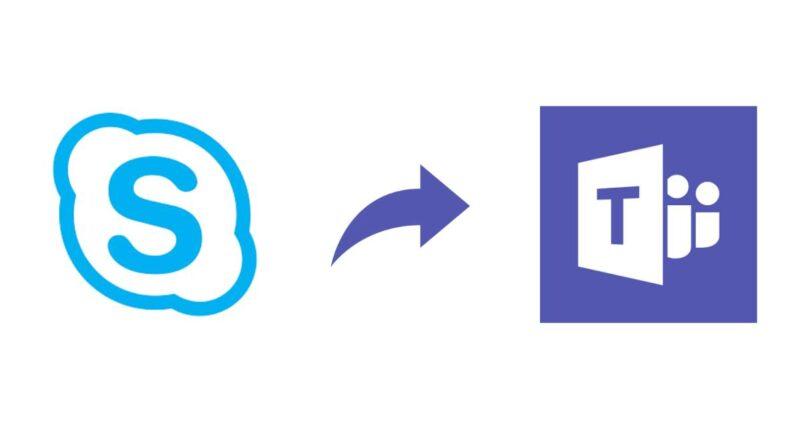
Amazon and Starlink battle for satellite internet
Have you ever complained about your internet? Whether it’s slow, constantly buffering, or simply not available in your area, connectivity issues can be frustrating. Now, imagine a world where you don’t need cables, cell towers, or complex infrastructure to stay connected. This is the promise of satellite internet, and Amazon is determined to be part of that future with Project Kuiper, its answer to SpaceX’s Starlink.
The question is: will this initiative really transform the way we connect? And more importantly, does Amazon have what it takes to compete with SpaceX, which has been leading this market for years? Let’s dive into this battle that could reshape global internet access.
What is Project Kuiper?
If there’s one thing Amazon does well, it’s entering new markets and making its presence felt. The company is already a giant in e-commerce and cloud computing, and now it wants a share of the satellite internet industry.
Project Kuiper is an ambitious plan involving the launch of more than 3,200 satellites into low Earth orbit. These small satellites will be responsible for delivering high-speed internet worldwide, particularly in areas where traditional internet access is difficult or impractical.
Amazon has already taken the first step, sending 27 satellites into space. It may seem like a modest start, but it represents a major bet on the future of global connectivity.
Why is this important?
If you live in a big city with reliable fiber-optic internet, you might not see the immediate impact. But for those in rural areas, remote locations, or developing countries with limited infrastructure, this technology could be a game-changer.
Today, billions of people around the world still lack stable internet access. The promise of satellite internet is to bring connectivity to places where traditional networks are too expensive or difficult to install. This means farmers could access real-time weather forecasts, children in isolated communities could study online, and even hospitals in remote areas could benefit from better communication.
Another major factor is competition in the market. Until now, Starlink was practically the only commercial satellite internet provider in operation. With Amazon stepping in, competition increases, which could lead to lower prices and improved service for consumers.
The challenges for Project Kuiper
Although the idea is promising, there are many obstacles ahead. One of them is satellite deployment. SpaceX, the owner of Starlink, has a huge advantage: its own rockets. The company can launch satellites more frequently and at reduced costs. Amazon, on the other hand, doesn’t have its own rockets and relies on external partners to put its satellites into orbit.
Another challenge is ground infrastructure. For Project Kuiper to work, users will need special receiving antennas that connect to the satellites. These devices need to be affordable and easy to install, which Amazon is still working on. Additionally, the company must ensure that the connection quality competes with Starlink, which already has many satisfied customers.
The impact of satellite technology
If Amazon succeeds in getting Project Kuiper off the ground, we can expect significant changes across various industries. Streaming services could reach new audiences, technology companies would have more opportunities for expansion, and even the education sector could see major improvements with digital inclusion for thousands of students.
Moreover, this technology could have geopolitical implications. After all, whoever controls global connectivity also influences how countries and companies communicate. This battle between SpaceX and Amazon may not just be commercial—it could be strategically important for governments around the world.
What to expect from the future?
Project Kuiper is expected to begin operations in 2025, with initial services available to customers. If everything goes as planned, this could be one of the biggest revolutions in digital connectivity in recent years.
For us, the best-case scenario would be healthy competition between Amazon and SpaceX, leading to better services and more affordable prices. After all, no one likes to pay a fortune for internet that keeps lagging, right?
Now, we just have to wait and see how this battle unfolds. Will Amazon be able to go head-to-head with Starlink? Or will Elon Musk continue to dominate the market?
The future of internet connectivity is being shaped right now, and the outcome of this fight will impact millions of people.
What do you think? 🚀





